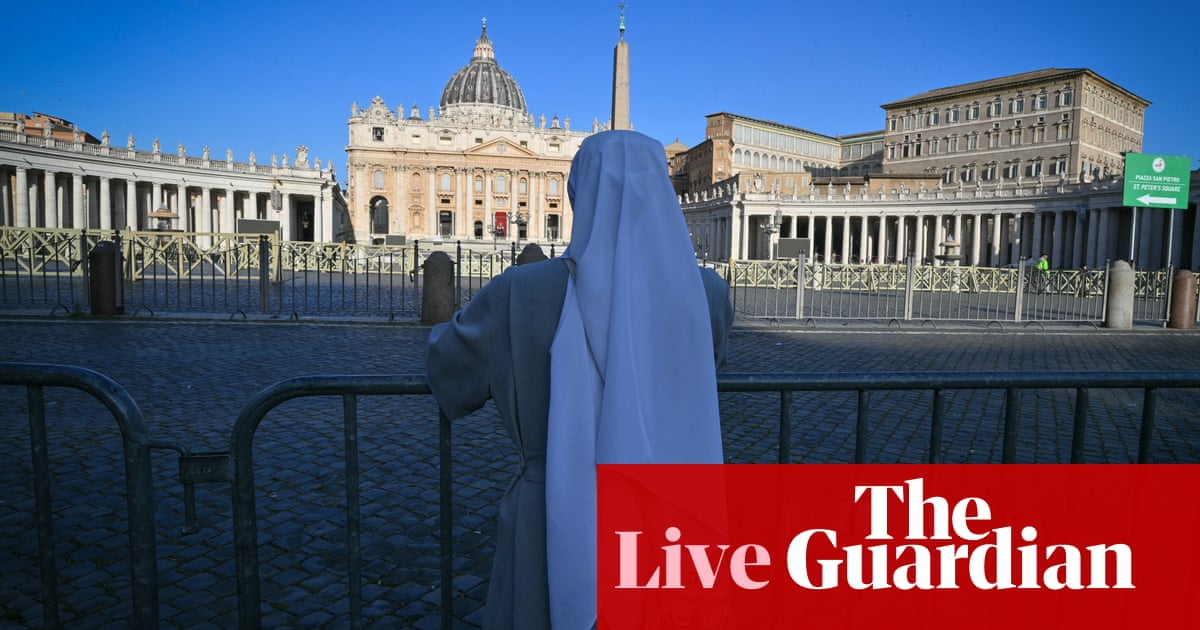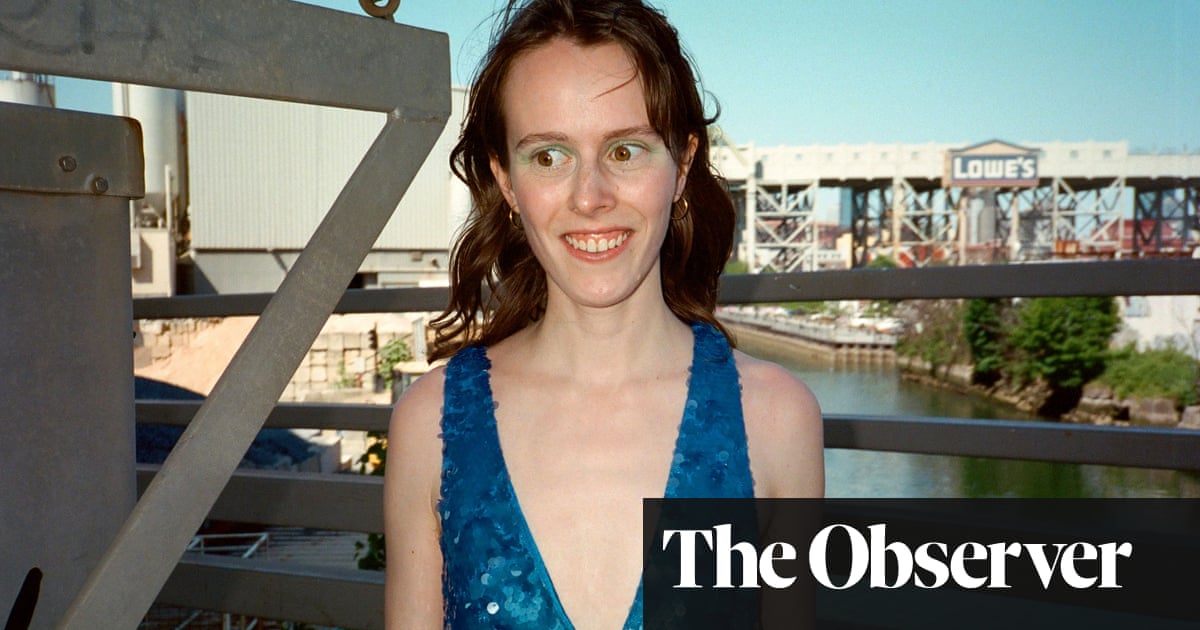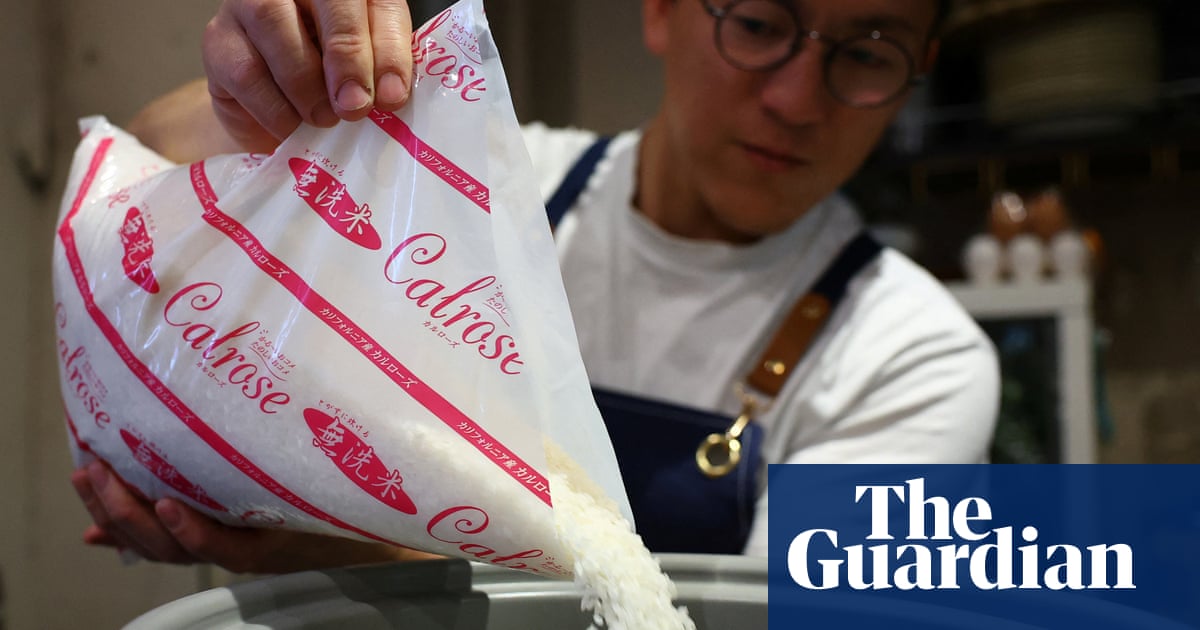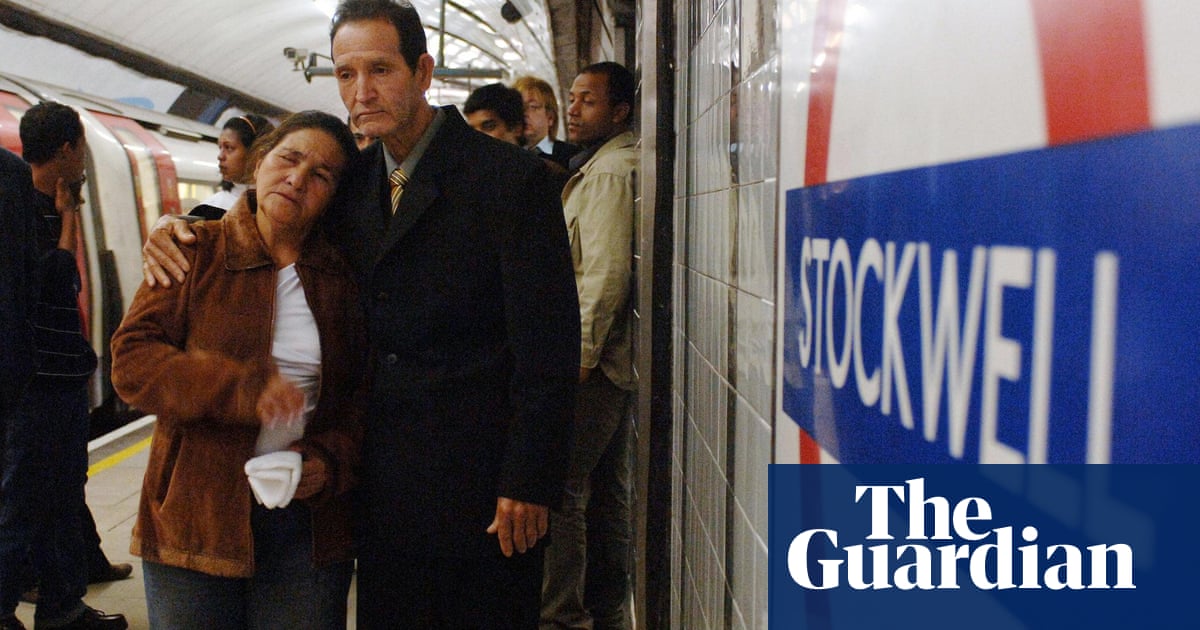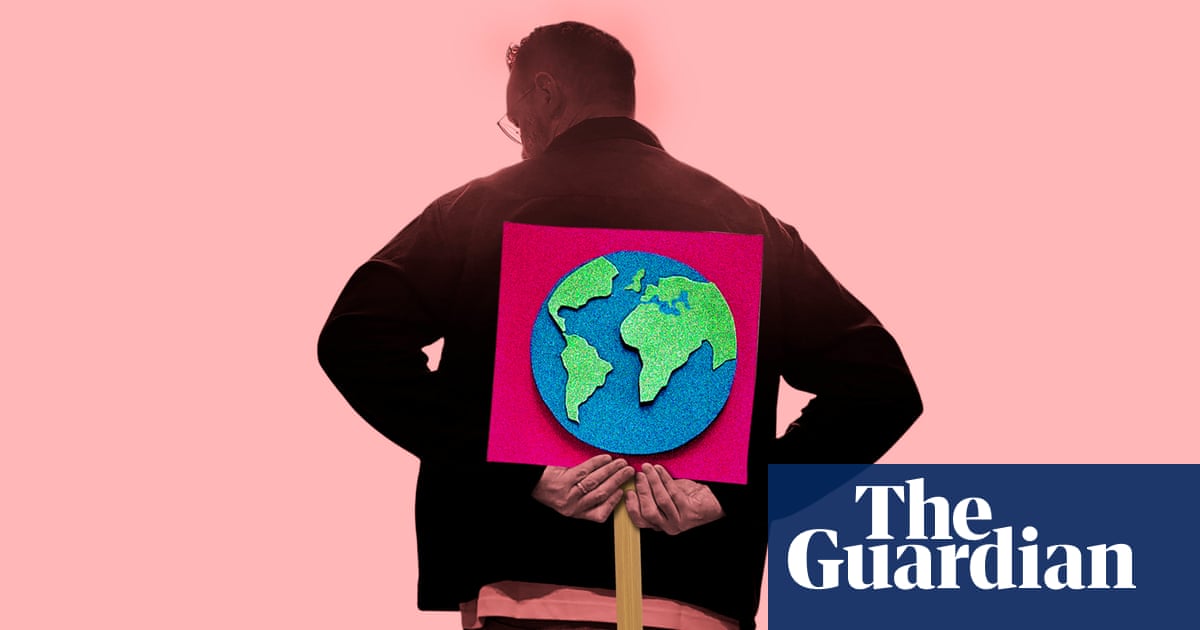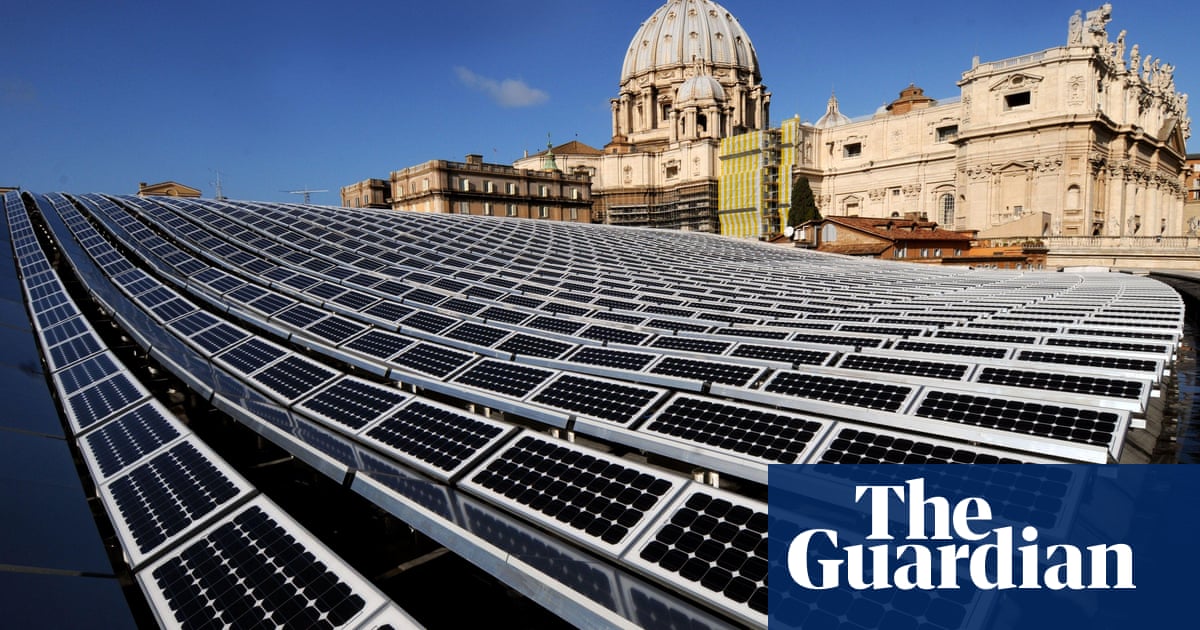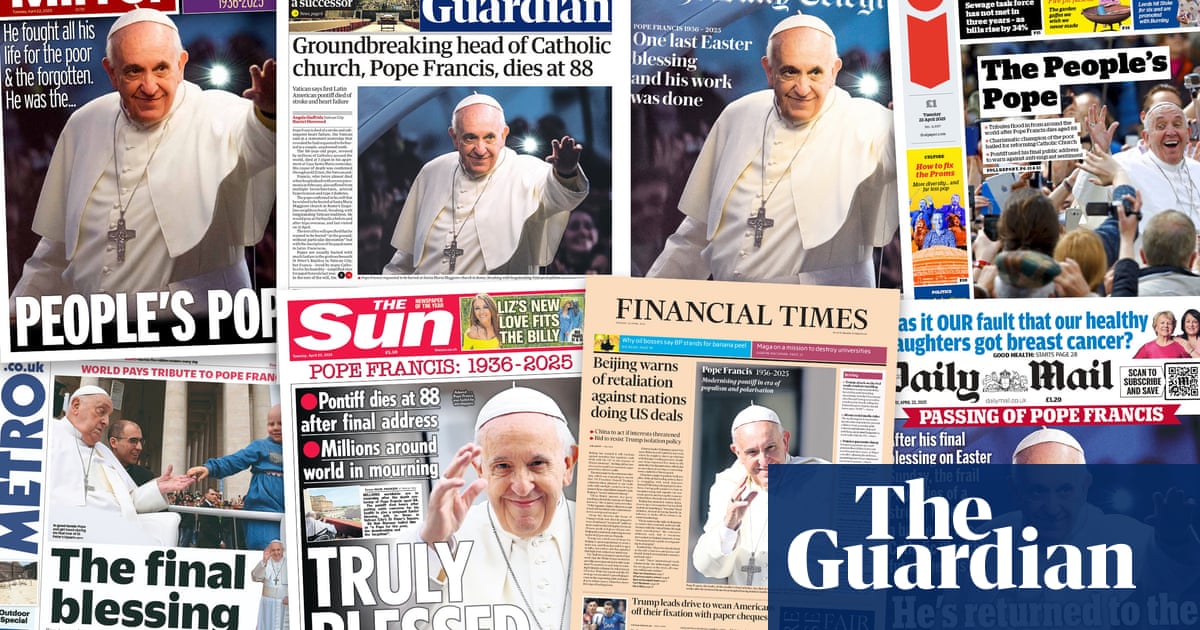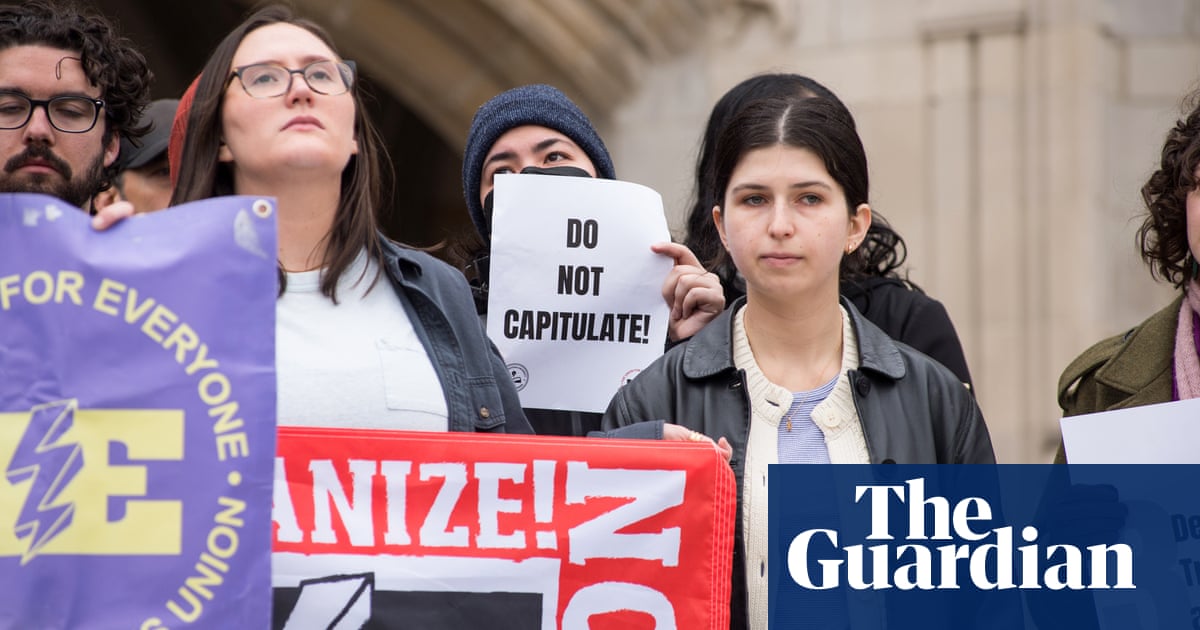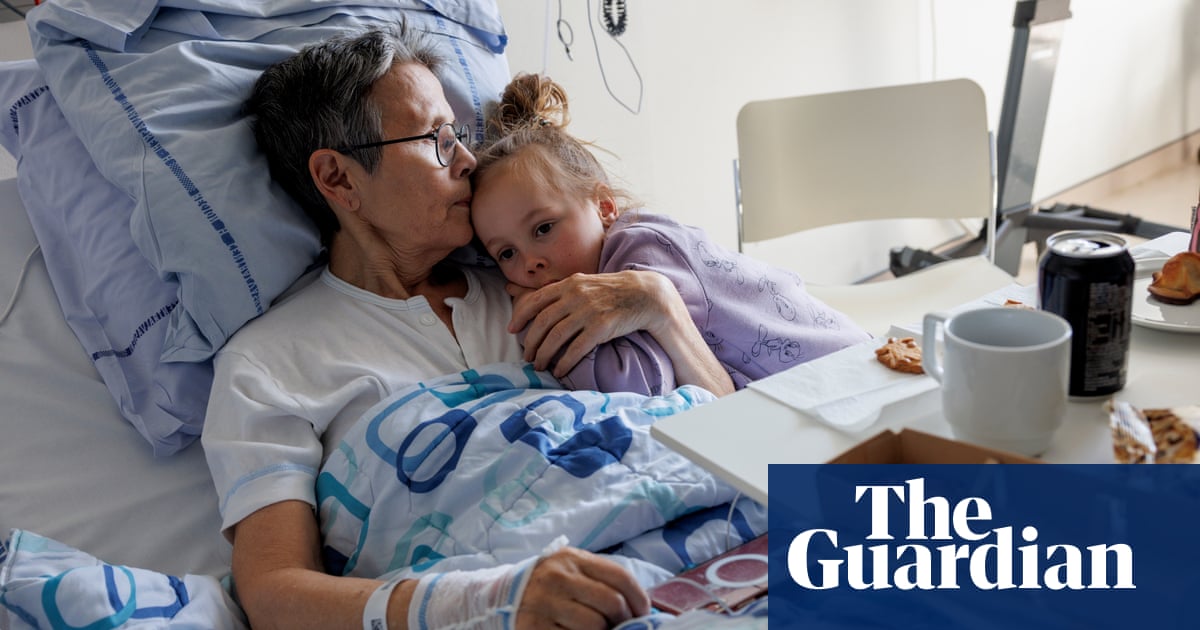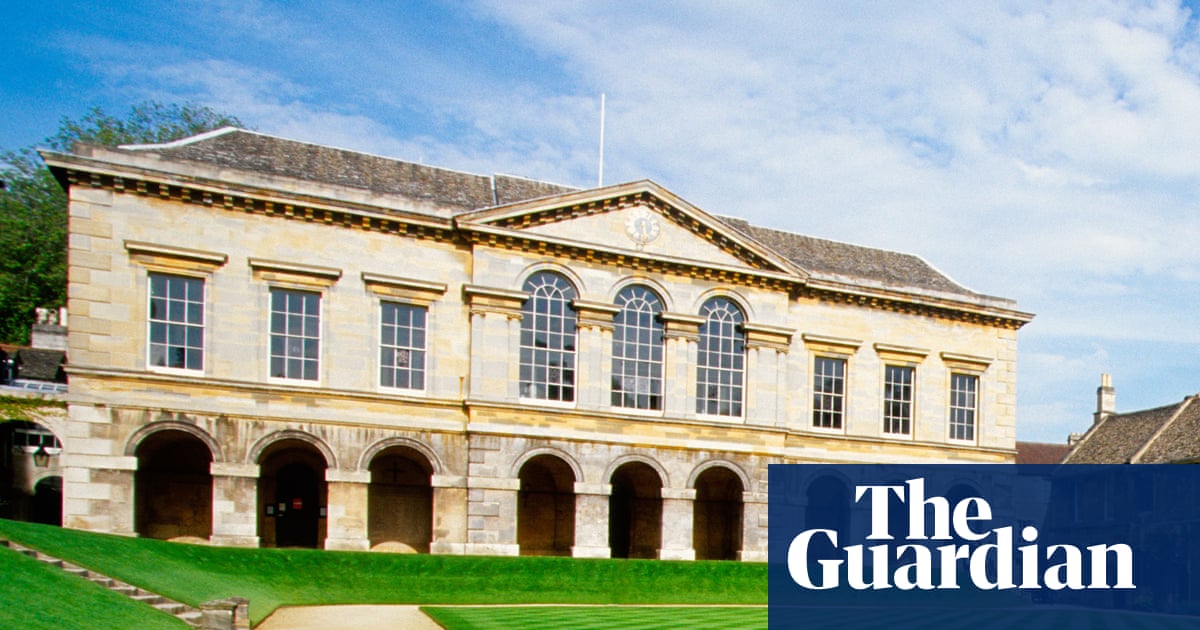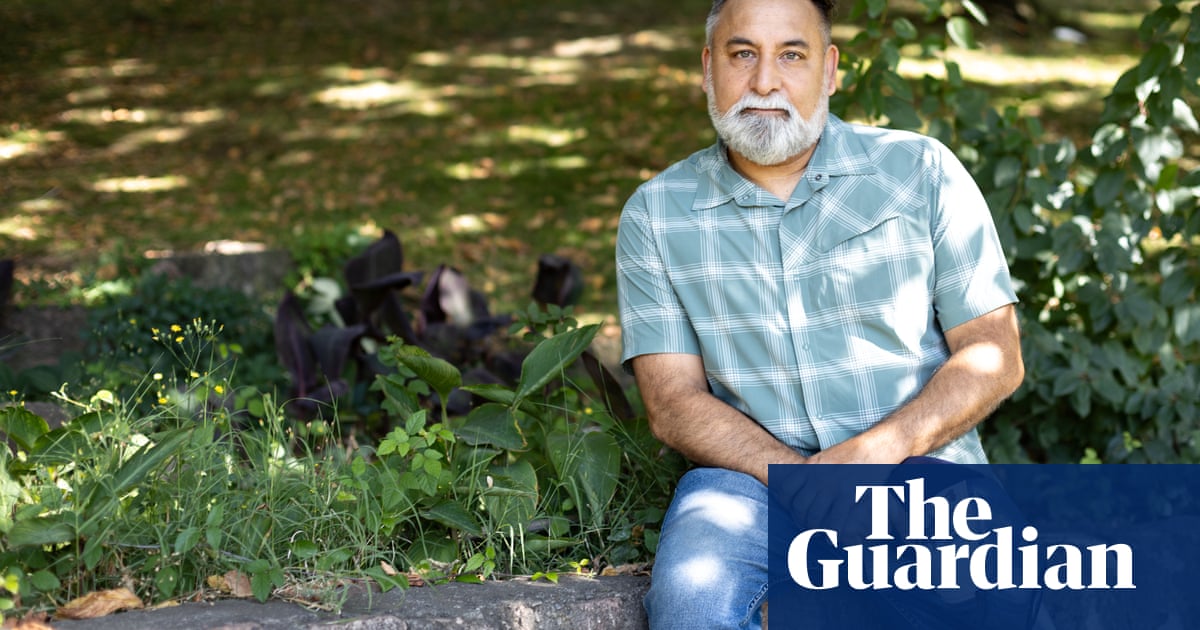Introduction: Reeves and Reynolds to discuss UK's year ahead
Good morning from Davos, where the second day of the World Economic Forum.
We’re about to hear from UK chancellor Rachel Reeves, and business secretary Jonathan Reynolds, as they hold a session with Bloomberg on “The Year Ahead for the UK”.
It’s part of a push by Reeves and Reynolds at Davos this week, to meet with CEOs and investors and tell them that “the time to invest in Britain is now”.
The Treasury say the ministers will “bang the drum for British business” at the WEF, as part of the government’s agenda for growth.
During her two-day trip to Davos, Reeves is meeting business leaders including the JPMorgan Chase chief executive, Jamie Dimon, and Jo Taylor, president of giant Canadian pensions fund the Ontario Teachers’ Pension Plan.
She received a boost earlier this week, when a survey from PwC showed the UK is the second most attractive country for investment behind the US.
Also coming up today
WEF will hear speeches from António Guterres, Secretary-General of the United Nations, which is timely as delegates here watch to see how Donald Trump pushes for peace in the Russia-Ukraine war.
Europe’s economic malaise, and the impact that AI is having on economies, will also be on the agenda.
The agenda
-
8.15am CET/7.15am GMT: Rachel Reeves holds a ‘fireside chat’ with Bloomberg at Davos
-
9am CET/8am GMT: A session on Russia’s future
-
10.15am CET/9.15am GMT: A session on ‘Where Are Interest Rates Going?’
-
11am CET/10am GMT: Chief Economists’ Briefing: What to Expect in 2025?
-
11.30am CET/ 10.30am GMT: Special Address by António Guterres, Secretary-General, United Nations
-
1.15pm CET / 12.15pm GMT: A session on the Rise of Economic Nationalism
-
2.45pm CET / 1.45pm GMT: Special Address by Pedro Sánchez, Prime Minister of Spain
-
4.15pm CET/3.15 GMT: A session on ‘Beyond Crisis: Unlocking Europe’s Potential’, with German finance minister Robert Habeck and ECB president Christine Lagarde
-
5.30pm CET/4.30pm GMT: A session on AI with IMF managing director Kristalina Georgieva
Key events Show key events only Please turn on JavaScript to use this feature
Donald Trump’s return to the White House could accentuate the divergence between the US economy and its rivals, Davos has heard.
The International Monetary Fund’s First Deputy Managing Director, Gita Gopinath, has pointed out that the US economy as being a strong economy.
Gopinath told CNBC:
Consumption is holding up really well. Labor markets are strong. And also now there is the anticipation of tax cuts that will be made more permanent, deregulation, so there’s a lot of positive market sentiment over there.
Now in addition to that, of course, there are announcements on the trade policy front, but we could see that many of these shocks could ultimately end up as being somewhat of an upside to the US because of the positive market sentiment that there is, while for most of the rest of the world, it poses a downside risk.
Nick Clegg defends Meta's content moderation downgrade

Heather Stewart
Nick Clegg has given a robust defence of Meta’s decision to downgrade moderation on its platforms, here in Davos.
As he prepares to depart the tech giant, after Mark Zuckerberg appointed the more Trump-friendly Joel Kaplan, Clegg denied that Meta was downgrading its commitment to truth.
“I would urge you to look at the substance of what Meta announced. Ignore the noise and the politics and the drama around it,” he said, insisting the new policy was, “circumscribed and tailored”.
Clegg added:
“We still have 40,000 people working on safety and content moderation. We’re still spending $5bn a year this year on integrity on the platform. We still have by far the industry’s most sophisticated community standards.”
Clegg stressed that the new community notes-type system, replacing Meta’s fact-checkers, would initially be rolled out in the US.
Clegg called it, a “crowdsourced or wikipedia-style approach to misinformation,” which he said could be, “more scaleable” than fact-checkers, who had lost the trust of the public. He said Mark Zuckerberg, who has allied himself closely with Trump in recent weeks, simply wanted to “rightsize” Meta’s approach to content moderation.
At a roundtable with journalists in Davos, Clegg was challenged repeatedly on some of the phrases that will now be permitted on Meta’s platforms, including calling groups of people “filth,” and referring to LGBT people as, “mentally ill”.
Clegg continued to defend the approach, saying:
“There are a number of societal, political issues where, regardless of what your own views - and I have very strong views myself - on issues around immigration and gender and so on, where it just seems unfeasible for us for people to be able to say things on the floor of the House of Congress, or in everyday media, that they can’t say on social media. So there have been some very tailored changes.”
He added that speech targeted at people in a way intended to bully or harass them remained unacceptable.
Global natural disaster events cost $368bn last year
The economic losses caused by natural disaster events around the world hit $368bn last year, a new report from insurance broker AON shows.
The cost was driven by major hurricanes, such as Helene and Milton, which hit North America last year.
Although the bill is slightly lower than the $397bn economic losses incurred in 2023, it is 14% above the 21st-century average – something for global leaders here in Davos to ponder.
For nine years in a row, AON say, economic losses have exceeded $300bn.
Insured losses reached $145bn globally – the sixth costliest year on record – which means $223bn of losses were uninsured.
Greg Case, CEO of Aon, says:
“The devastating events of 2024 underscore the significant economic toll of climate risk.
Evidenced by the data in our report – and the tragic destruction in California at the beginning of 2025 – extreme weather remains a powerful force driving the complexity and volatility that businesses and communities face and emphasizes the urgent need for innovative solutions to address this growing challenge.”
AON warns that weather-related events are becoming more frequent and costly.
Hurricane Helene was the costliest global event in 2024. The hurricane made landfall in the U.S. in September and caused $75 billion of damages and 243 fatalities.
The company says the key to global economic resilience is to have greater insurability of climate risk, which may mean communities doing more to mitigate the impact.
Case says:
Part of the solution requires investments in technology and analytics to model and price the risks and attract deeper capital pools that can see a potential return on investment to take on these risks.
Capital will not go where it is not protected – and the events from 2024 should stimulate innovation across our industry to strengthen the global economy.”
Back in the Davos Congress hall, UN secretary-general Antonio Guterres has called on Iran to take steps to cool tensions in the Middle East.
Guterres told the World Economic Forum that Iran must make a first step towards improving relations with countries in the region and the United States by making it clear they do not aim to develop nuclear weapons.
Guterres said:
“The most relevant question is Iran and relations between Iran, Israel and the United States.
“Here my hope is that the Iranians understand that it is important to once and for all make it clear that they will renounce to have nuclear weapons, at the same time that they engage constructively with the other countries of the region.”
Davos has been rocked by news this week that Donald Trump has effectively pulled the US out of the global corporate minimum tax deal.
Trump declared that the deal “has no force or effect” in the U.S., undermining the landmark 2021 arrangement that was negotiated by the Biden administration with nearly 140 countries.
European Commissioner for the Economy, Valdis Dombrovskis, says Trump’s decision is somewhat ‘ironic’.
Dombrovskis told CNBC this morning:
Well, first of all, it’s indeed a bit of an irony, because the US was very much behind this global tax deal and was facilitating that it’s actually reached, and they are common interests of US, EU and the global community to house this tax deal to make sure that multinationals are paying their fair share of tax, not hiding profits somewhere in some offshore jurisdictions and so on, and this global tax deal helps to achieve it.
So there we need to discuss with the new US administration also how then we achieve those policy goals of ensuring effective minimum taxation of multinationals.
Full story: UK to offer new visas for AI and life science workers, says Reeves

Heather Stewart
The UK government will publish an immigration white paper later this year including proposals to introduce visas aimed at high-skilled workers as part of its push to kickstart growth, Rachel Reeves has announced.
The chancellor told a breakfast event at the World Economic Forum in Davos: “We are going to look again at routes for the highest skilled people, visas particularly in the areas of AI and life sciences.”
She added: “Britain is open for business, we are open for talent, we’ve got some of the best universities, some of the best entrepreneurs in the world, but we also want to bring in global talent.”
Ministers have repeatedly said they want to reduce overall migration, and Keir Starmer accused the Conservative government of conducting an “open borders experiment”. But Labour is keen to show the UK remains open to high-skilled workers.
Asked whether – like Tony Blair’s Labour government – she was relaxed about people becoming wealthy, Reeves said: “Absolutely.”

Phillip Inman
Just before Rachel Reeves began her session in Davos today, the Treasury received some unwelcome news.
UK government borrowing unexpectedly jumped to £17.8bn last month, piling pressure on Rachel Reeves to plan budget cuts before a spending review in the summer.
The figure was about a quarter higher than the City had forecast and was up by £10.1bn more than in the same month a year earlier, making it the highest December borrowing for four years.
Reeves won't promise tax cuts
Rachel Reeves wraps up her Bloomberg session by resisting any temptation to promise tax cuts.
The chancellor says she would like taxes to be lower on people and businesses
But she insists she is not going to play “fast and loose with the public finances”, as that leads to higher interest rates.
But, she argues, if the government can run the state better, and grow the economy, it won’t need to ratchet up taxes.
Reeves says:
I would like to reduce the burden of taxes, but I’m not going to make promises I can’t keep.
And her final message to delegates here at the World Economic Forum is that her instinct is to do everything she can to make Britain a great place to invest.
Reeves: UK to create high-skilled visas for AI and life sciences
Rachel Reeves has also revealed ministers want to increase higher skilled migration by creating with more visas for people working in AI and life sciences:
She told attendees at Davos that the government will publish an immigration white paper later this year.
And while the government wants to lower immigration, the chancellor says it will also create new routes for the highest skilled people, by creating visas for people in areas like AI and life sciences.
She says this is a sign that Britain is open for businesses, and wants to bring global talent into Britain.
Rachel Reeves confirmed during her discussion here in Davos that the chair of the UK’s antitrust regulator decided to step down after recognising that the agency needed to be headed up by someone who shared the government’s “strategic direction”.
Speaking just hours after the surprise departure of Competition and Markets Authority chair, Marcus Bokkerink, Reeves said:
“He recognised that this government has got a different strategic approach when it comes to regulation, and he recognised it was time for him to move on and make way for somebody who does share the mission and the strategic direction that this government are taking.”
Brexit rears its head, as Bloomberg’s John Micklethwait asks whether the UK should reach a new relationship with the European Union, something akin to a customer union perhaps?
“Will this debate ever end?” sighs business secretary Jonathan Reynolds.
He says the UK does have “high ambitions” to get a better relationship with the EU, but warns that one of the problems with the UK’s exit from the EU was the political uncertainty it’s caused.
The present goverment has chosen not to refight those battles, he says.
Rachel Reeves says there are opportunities outside the European Union, incuding in AI where the UK has a different approach to Europe.
That makes us a more attractive place than Europe to do AI and we should shout about that, she says.
Rachel Reeves points out that she is the first chancellor to attend a eurogroup meeting (of eurozone finance ministers).
Reeves adds that the UK does want a reset of our relationship with the EU, and doesn’t want a repeat of the battles that she says the previous government seemed to relish.
Rachel Reeves is then tackled about fears that the recent rise in government borrowing costs could mean she breaches her fiscal rules.
Reeves says there have been “global movements in financial markets”, which were mainly driven by the US.
However, the UK gets “caught up in those headwinds”, she says (its 30-year borrowing costs hit the highest since 1998, before easing back).
Reeves says the Office for Budget Responsibility is working out its fiscal forecasts now (ready for her Spring Statement in March)
But, she points out, the OBR don’t just take one week’s bond market moves into account when forecasting borrowing, adding:
I don’t think we should get ahead of ourselves.
Rachel Reeves then hails her fiscal rules, including the pledge not to borrow to fund day-to-day spending.
She says it is “so important” to get a grip on day-to-day spending – it frees up money for investment.
Reeves 'absolutely' relaxed about wealth creation
Q: Tony Blair (who’s in Davos this week) was famously relaxed about wealth creation – are you?
“Absolutely”, Reeves replies, repeating that the UK wants to welcome the best people from around the world to help grow the economy.
But she insists she will not apologise for her budget, saying business leader will understand that she had to stabilise the public finances.
Reeves defends budget tax rises
Q: Do you regret upsetting businesses with the tax increases in your budget?
Chancellor Rachel Reeves cites the undisclosed £22bn gap between government revenue and spending that the government says it found upon taking office last summer.
Reeves says she pledged never to play fast and loose with the public finances, so tough decisions were needed to get the under control.
She says:
Stability is the prerequisite for economic growth.
Reeves says she has wiped the slate clean from the previous government.
Businesses can know that our public finances are in order. We’ll never need to come back and do a budget like that again.
And she add:
Britain is open for businesse, we’re open for talent.
Reeves on Heathrow: We'll take pro-growth decisions in the national interest
Q: There’s a suggestion you will give the green light to the expansion of Heathrow airport – would that be a sign you’re prepared to take tough decisions?
Rachel Reeves says the government has already taken some tough decisions, to stimulate growth.
But she won’t speculate on what she might say next week.
But she insists that growth is the number one priority of the government, so it will take “pro-growth decisions in the national interest.”
Update: Reeves said:
“This was the problem with the last government, that there was always somebody that said ‘Oh yes, of course we want to grow the economy, but we don’t like that investment, we don’t like that wind farm, we don’t like those pylons, we don’t like that airport, we don’t want that housing near us’.
“But the answer can’t always be ‘no’ and that’s been the problem in Britain for a long time, that when there was a choice between something that would grow the economy and anything else, anything else always won.
“Now, of course, there are other things that matter, but when we say that growth is the number one mission of this government, we mean it, and that means it trumps other things.
“And so we’re making pro-growth decisions in the national interest.”
The session begin with a question about events across the Atlantic.
Q: How vulnerable are we to a potential trade war with Donald Trump?
Business secretary Jonathan Reynolds says the UK is a globally oriented, trade-focused economy.
He says there are opportunities to expand – citing the Gulf and India.
There is also strength that comes from openness to the world, Reynolds says.
And he points out that the UK doesn’t appear to have a deficit in goods trades with the US – each country thinks it has a surplus with the other (!).
Reynolds adds:
It will be a choppy time to be a trade minister, but it’s our job to navigate through that.
Introduction: Reeves and Reynolds to discuss UK's year ahead
Good morning from Davos, where the second day of the World Economic Forum.
We’re about to hear from UK chancellor Rachel Reeves, and business secretary Jonathan Reynolds, as they hold a session with Bloomberg on “The Year Ahead for the UK”.
It’s part of a push by Reeves and Reynolds at Davos this week, to meet with CEOs and investors and tell them that “the time to invest in Britain is now”.
The Treasury say the ministers will “bang the drum for British business” at the WEF, as part of the government’s agenda for growth.
During her two-day trip to Davos, Reeves is meeting business leaders including the JPMorgan Chase chief executive, Jamie Dimon, and Jo Taylor, president of giant Canadian pensions fund the Ontario Teachers’ Pension Plan.
She received a boost earlier this week, when a survey from PwC showed the UK is the second most attractive country for investment behind the US.
Also coming up today
WEF will hear speeches from António Guterres, Secretary-General of the United Nations, which is timely as delegates here watch to see how Donald Trump pushes for peace in the Russia-Ukraine war.
Europe’s economic malaise, and the impact that AI is having on economies, will also be on the agenda.
The agenda
-
8.15am CET/7.15am GMT: Rachel Reeves holds a ‘fireside chat’ with Bloomberg at Davos
-
9am CET/8am GMT: A session on Russia’s future
-
10.15am CET/9.15am GMT: A session on ‘Where Are Interest Rates Going?’
-
11am CET/10am GMT: Chief Economists’ Briefing: What to Expect in 2025?
-
11.30am CET/ 10.30am GMT: Special Address by António Guterres, Secretary-General, United Nations
-
1.15pm CET / 12.15pm GMT: A session on the Rise of Economic Nationalism
-
2.45pm CET / 1.45pm GMT: Special Address by Pedro Sánchez, Prime Minister of Spain
-
4.15pm CET/3.15 GMT: A session on ‘Beyond Crisis: Unlocking Europe’s Potential’, with German finance minister Robert Habeck and ECB president Christine Lagarde
-
5.30pm CET/4.30pm GMT: A session on AI with IMF managing director Kristalina Georgieva

.png) 2 months ago
29
2 months ago
29
